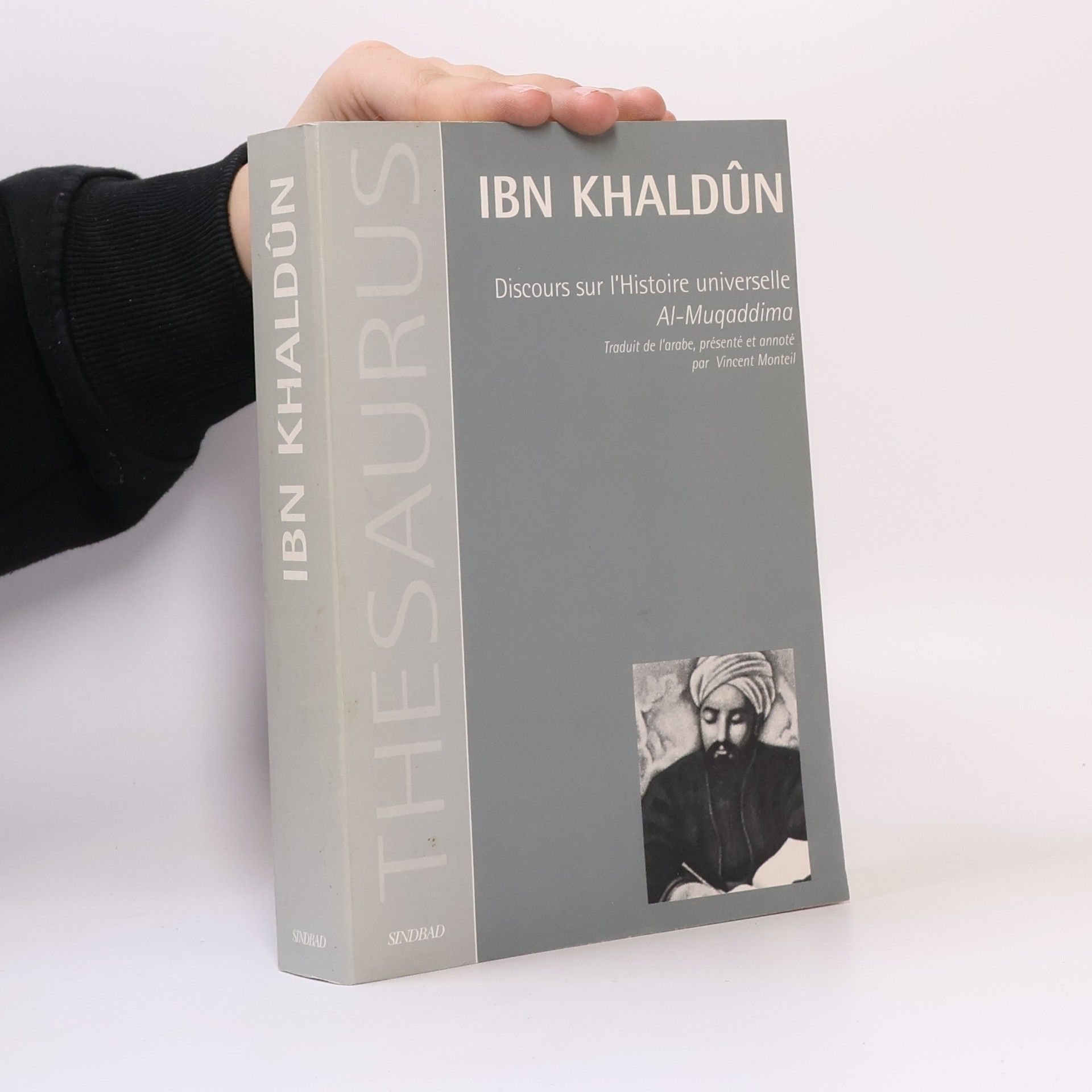Ibn Khaldun: Political Thought
- 286 stránek
- 11 hodin čtení
The political writings of a fourteenth-century philosopher offer profound insights into society and governance in the pre-modern Arab world. This volume highlights Ibn Khaldun's enduring relevance, examining his theories and their applicability to contemporary issues. Through a detailed exploration of his ideas, the book invites readers to reflect on the nature of politics and social dynamics, bridging historical thought with modern contexts.


